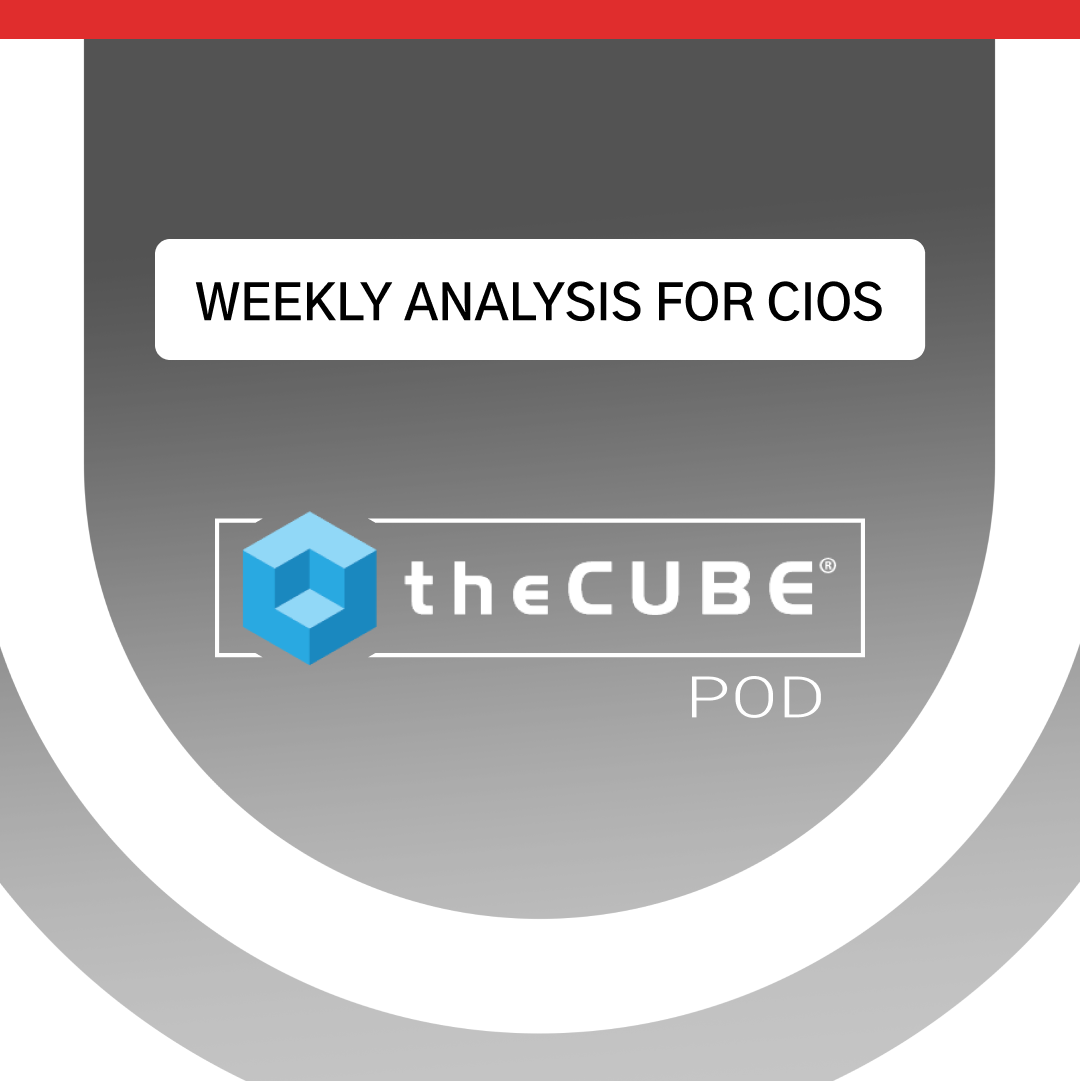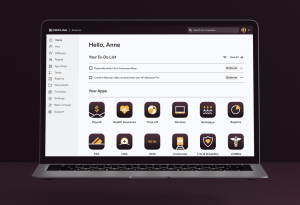Luxury Paid For in the Currency of Privacy
![]() I ’d like to address the recent discussion regarding the announcement of Facebook’s new features, last week at f8. There’s been a considerable outcry among web-enthusiasts and open advocates, calling the new Like button a threat to privacy. One of the core issues revolves around the new Like button, which is being placed on several highly trafficked sites around the web. This button ostensibly enables Facebook to track the pageviews, sentiment and behaviors of users across several sites, and create very highly targeted profiles about each user.
I ’d like to address the recent discussion regarding the announcement of Facebook’s new features, last week at f8. There’s been a considerable outcry among web-enthusiasts and open advocates, calling the new Like button a threat to privacy. One of the core issues revolves around the new Like button, which is being placed on several highly trafficked sites around the web. This button ostensibly enables Facebook to track the pageviews, sentiment and behaviors of users across several sites, and create very highly targeted profiles about each user.
Some have likened this (pardon the pun) to a collection of CCTV cameras all over the web, which would spy your every move. On top of that, Facebook is being blamed for tearing down the veils of privacy, so that any other company can tap into this data.
It’s More than Business, It’s Ecosystem Building
I find these opinions puzzling and somewhat naive. Facebook has recently passed Google in traffic, and similarly to Google, their business is collecting user information, in order to deliver targeted advertising.
The fact that Facebook is opening this opening this information to third parties could and should be construed as commendable: nothing is forcing them to do so. It enables smaller players to receive user information that they could not before, creating better user experiences across the web. It strengthens the link between real identity and OpenID, making things more somewhat more trustworthy. Facebook is giving users some options to control which information is tracked or not.
What I find surprising about the critics is that they seem to perceive Facebook as some granted way of socializing, which should not push its business interests forward. The service is remaining free, and in that process is also enabling more businesses to deliver better user experience. Several people were complaining about Facebook’s seemingly lack of a business model, until they announced a $700M revenue from advertising. We can expect this to grow significantly this year.
Have You Actually Clicked “View-Source”?
![]() Facebook lacks the ability of doing what everybody claims it can do. Sure, content is stored in IFrames. But where do they get this spy data?
Facebook lacks the ability of doing what everybody claims it can do. Sure, content is stored in IFrames. But where do they get this spy data?
In order to do so, there must be a cookie set to track the user. This cookie is opt-in. You must be logged in for the button to work.
This is exactly the same this as Tweetmeme, Digg’s bar, or even the existing Facebook share button!
In fact, it’s a double opt-in: both the page owner and the user need to agree that they want to use this feature.
There’s nothing new here. Every single share button in existence works exactly the same way.
Privacy is a Feature, Not a Right
Google controls the search market. Which means that when most people want to find something on the entire Internet, Google knows about it. In addition, Google AdSense is placed on several websites, delivering information about which pages are viewed, how often, which ads are clicked. Also, Google Analytics is used by several pages to gather user statistics. Gmail information (contacts, text) is being mined to deliver targeted ads, and so is Google Maps, Google Chrome and Google Voice.
![]() Google does not provide access to most of this information. It does not allow you opt-out of certain types of tracking. The service is free, and privacy is the cost of free.
Google does not provide access to most of this information. It does not allow you opt-out of certain types of tracking. The service is free, and privacy is the cost of free.
What about loyalty cards in stores? Many of us use them, and they are being used to track customer behavior. From this data, it is very easy to extrapolate your gender, age, address, personal tastes, marital situation, what you’ve been doing recently etc. This comes in exchange for some discounts.
Large shopping stores have cameras that track user patterns, where they go in the store, how they behave, in order to create a more targeted offering to their customers.
None of these points I’ve cited above are different from what Facebook is doing, and they are most definitely less open. Yet consumers are happy with this.
This whole issue is a tempest in a teacup.
A message from John Furrier, co-founder of SiliconANGLE:
Your vote of support is important to us and it helps us keep the content FREE.
One click below supports our mission to provide free, deep, and relevant content.
Join our community on YouTube
Join the community that includes more than 15,000 #CubeAlumni experts, including Amazon.com CEO Andy Jassy, Dell Technologies founder and CEO Michael Dell, Intel CEO Pat Gelsinger, and many more luminaries and experts.
THANK YOU













